SUMMARY
This is AI generated summarization, which may have errors. For context, always refer to the full article.
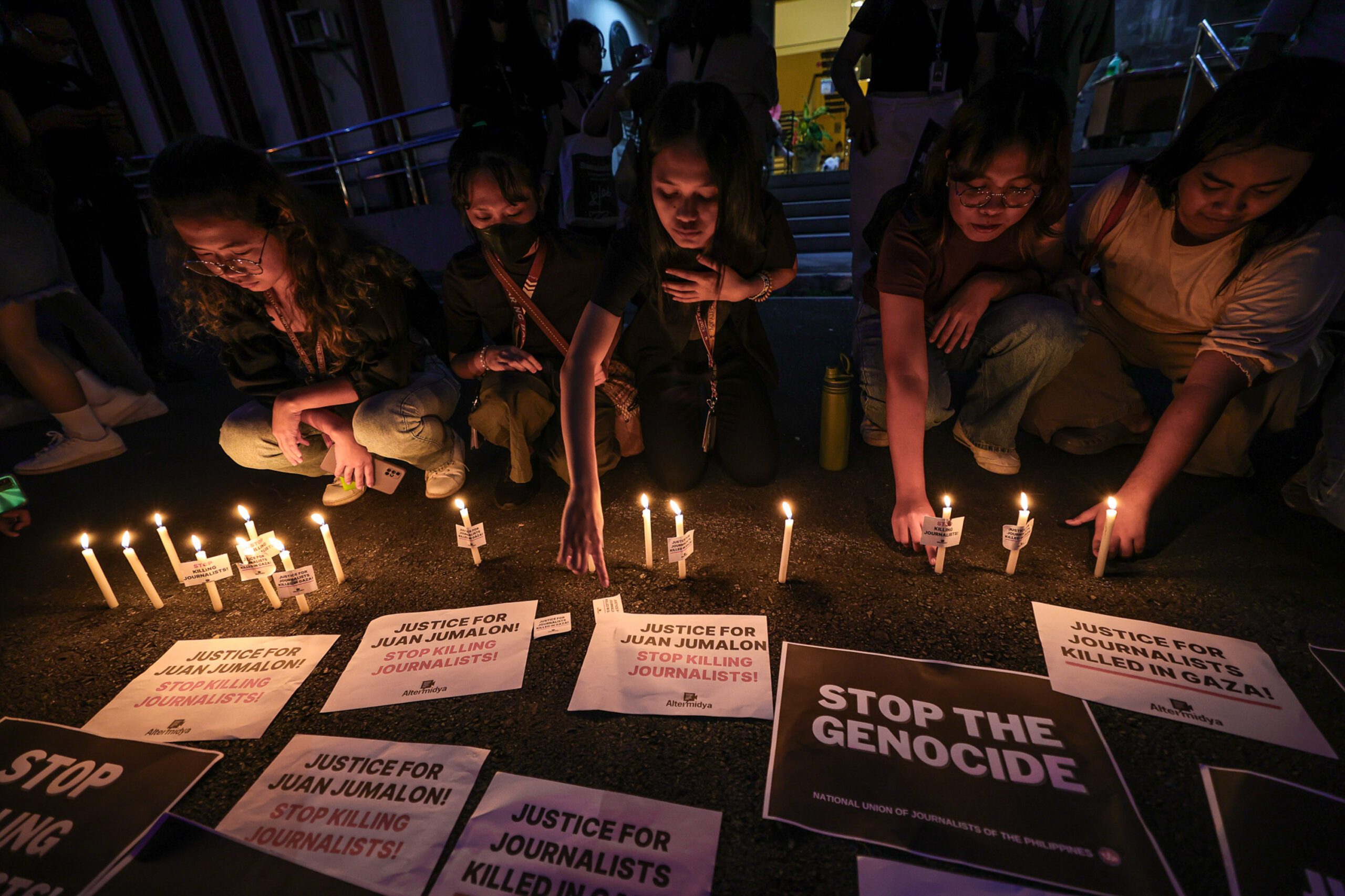
MANILA, Philippines – The Philippine government denied there was a systematic attack against the press on the first week of United Nations (UN) Special Rapporteur on Freedom of Opinion and Expression Irene Khan‘s visit to the Philippines.
After arriving in the country on January 22, Khan met with Supreme Court magistrates and Department of Justice (DOJ) officials on January 24. After the meeting, DOJ Undersecretaries Raul Vasquez and Jesse Hermogenes Andres said among the matters they discussed with Khan was red-tagging.
“On the matter of red-tagging, diniscuss din namin (we also discussed it) because she asked whether it is a policy, and we said it’s not a policy,” Vasquez said.
“If there were individual cases that need to be addressed where red tagging happened, we ask that all of the complainants and the evidence be brought forth with the Department of Justice and we will pursue appropriate cases against those involved in red tagging because there is no policy,” Andres explained.
A special rapporteur before Khan raised concern over red-tagging during his visit last year. Ian Fry, the first UN Special Rapporteur on the promotion and protection of human rights in the context of climate change, told the government after his visit in November 2023 to disband the National Task Force to End Local Communist Armed Conflict (NTF-ELCAC).
In a statement on Friday, January 26, the National Union of Peoples’ Lawyers (NUPL) said the government’s claim that red-tagging is not a state policy is “blatantly false.” The NUPL noted the Ombudsman’s decision finding former NTF-ELCAC officials Lorraine Badoy and Antonio Parlade Jr. guilty in an administrative case for red-tagging NUPL lawyers.
“During their meeting with Khan, NUPL lawyers recounted that they continue to be vilified as “communist terrorists” or subjected to arbitrary surveillance while killings of lawyers (three so far under President Marcos Jr.’s term) remain largely unresolved,” the NUPL said.
Human rights group Karapatan, in a statement on Friday, reiterated its call for the NTF-ELCAC’s abolition.
“The people remain in grave danger as the Marcos Jr. administration harnesses all available resources to surveil, profile, tag as terrorists, marginalize, persecute and inflict other human rights violations against the poor and other critical voices. The NTF-ELCAC cannot forever act as if it has nothing to answer for its notorious record of attacks and human rights violations. We reiterate our urgent call for its abolition,” Karapatan secretary general Tinay Palabay ended.
Especially under former president Rodrigo Duterte’s term, the NTF-ELCAC became the government’s main avenue to red-tag progressive individuals, including activists and human rights advocates. During and after her tenure at the NTF-ELCAC, Badoy gained notoriety for red-tagging. Various groups and individuals filed several complaints against her for her red-tagging.
On press freedom
Andres said Khan, during their meeting, also requested them to provide updates on certain cases such as Percy Lapid‘s, the broadcaster gunned down in October 2022, and Juan Jumalon, the latest case of a slain journalist in the country.
The DOJ undersecretary said the Presidential Task Force on Media Security (PTFOMS) explained to Khan that not all media killings have a direct link to press freedom because some of these cases involve personal issues.
“What we have discovered is while they are media personalities, the reason behind their death [is] really personal vendetta or money controversies, money issues, or even, you know, love triangle. So it’s not really related to freedom of expression even if the victims were themselves media personalities,” Andres explained to reporters. “So that is the angle that we are presenting because those are the facts and evidence they are able to secure.”
But for National Union of Journalists of the Philippines (NUJP) secretary general Len Olea, media killings, regardless of motives, indicate the culture of impunity in the country. Impunity means the people behind crimes walk free as if they’re exempt from punishments.
“Whether work-related or not, killings of journalists are not acceptable, and should not happen in a democratic society in the first place. The brazenness of the killings, such as in the cases of Percy Mabasa and Juan Jumalon, indicate that impunity is alive in this country,” Olea told Rappler on Friday.
“The killings underscore the failure of government to protect the right to life of its citizens. It’s pathetic how government officials attempt to brush aside these incidents for the sake of saving their reputation,” the NUJP secretary general added.
The Philippines remains a dangerous country for media practitioners. Based on the NUJP’s tally, at least 199 journalists have been killed since 1986. This number includes all journalists slain in relation to their job.
In the world ranking, the Philippines ranked 132nd out of 180 countries in the Reporters Without Borders’ Press Freedom Index for 2023. The annual index shows the ranking of 180 countries based on political, legal, sociocultural, economic, and media safety factors.
In terms of conviction of suspects behind media killings, only 42 perpetrators were convicted out of 188, according to the NUJP Media Safety Office in 2020. The 188 reflected the number of journalists killed from 1986 to 2020. Twenty eight of this number were those involved in the infamous Maguindanao massacre, which took the lives of 32 journalists. – Rappler.com
Add a comment
How does this make you feel?
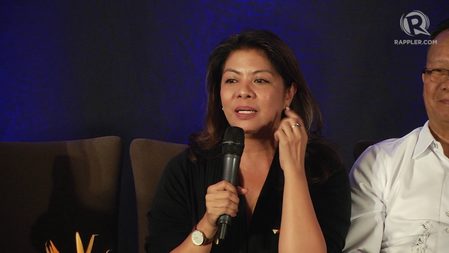
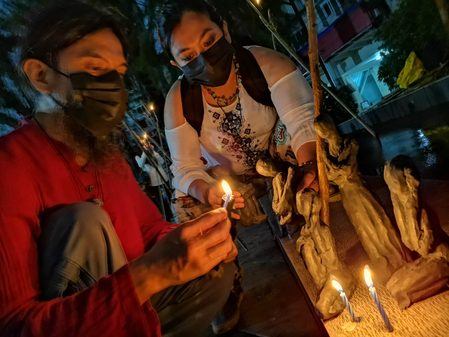

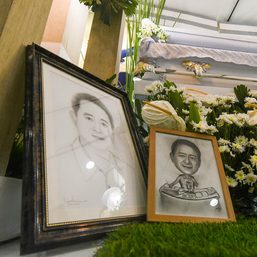
![[OPINION] You don’t always need a journalism degree to be a journalist](https://www.rappler.com/tachyon/2024/06/jed-harme-fellowship-essay-june-19-2024.jpg?resize=257%2C257&crop=287px%2C0px%2C720px%2C720px)










![[Judgment Call] Who’s after Quiboloy? The media should be.](https://www.rappler.com/tachyon/2024/04/judgement-call-quiboloy-media-2.jpg?resize=257%2C257&crop=484px%2C0px%2C1080px%2C1080px)

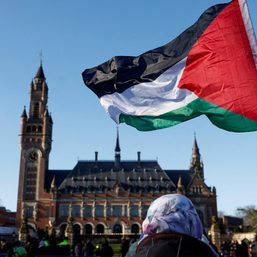



There are no comments yet. Add your comment to start the conversation.